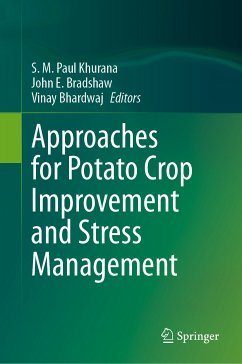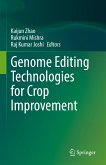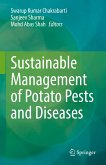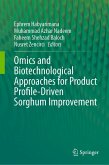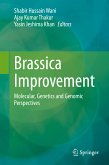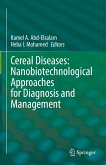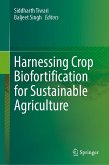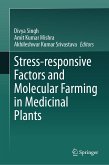Potato is the world's third most important food crop after wheat and rice in terms of human consumption. It is the staple crop providing maximum nutrients per unit area, time and money and is the most versatile crop with the highest industrial production potential in India being the second largest potato producing country after China. As a major food crop, the potato has the most important role to play in the United Nations' Sustainable Development Goals' 2030 Agenda for zero hunger, achieving food security, improved nutrition, and promote sustainable agriculture.
This book is unique in its approach for providing in depth knowledge enabling readers to learn the subject fully on different strategies, new perspectives and fully understanding different topics of diversity, interaction and improvement for stress management in potato. It is a relevant reading material for researchers, students, practitioners and other stakeholders involved in improvement of potato crop.
Dieser Download kann aus rechtlichen Gründen nur mit Rechnungsadresse in A, B, BG, CY, CZ, D, DK, EW, E, FIN, F, GR, HR, H, IRL, I, LT, L, LR, M, NL, PL, P, R, S, SLO, SK ausgeliefert werden.

